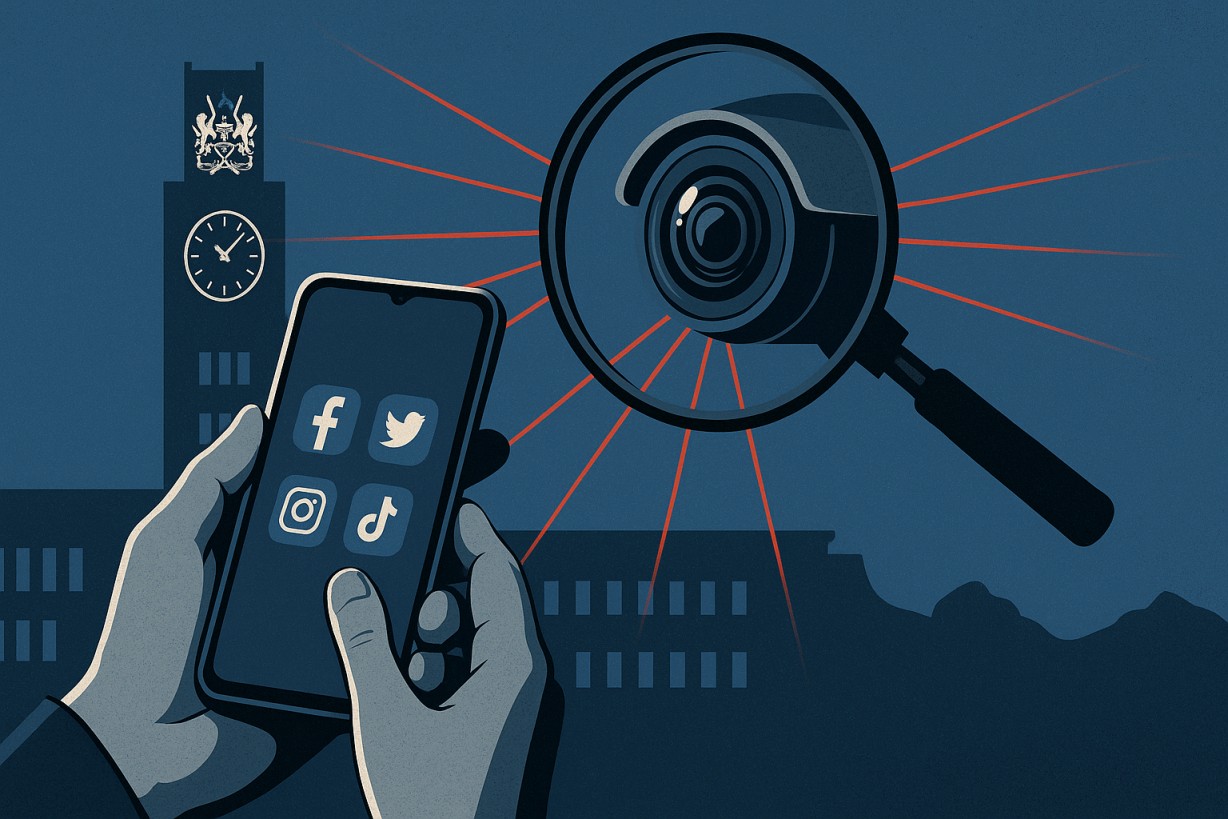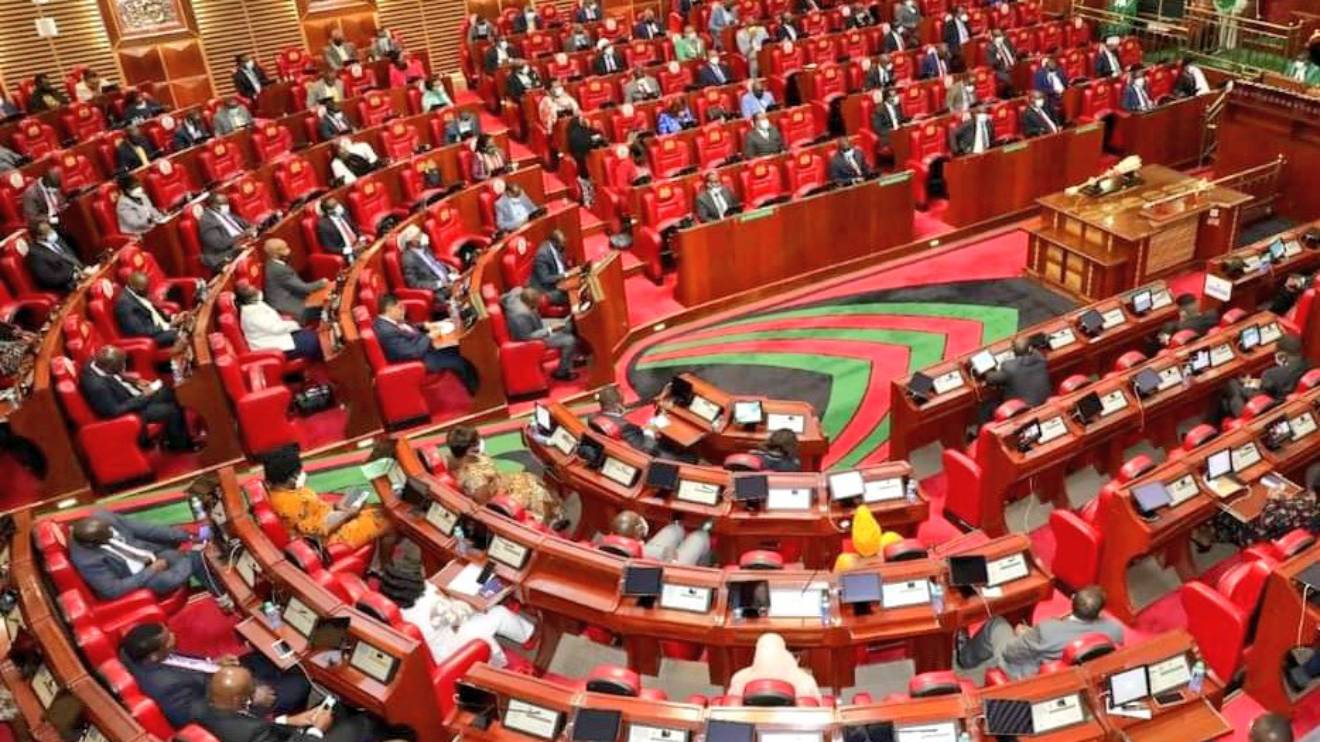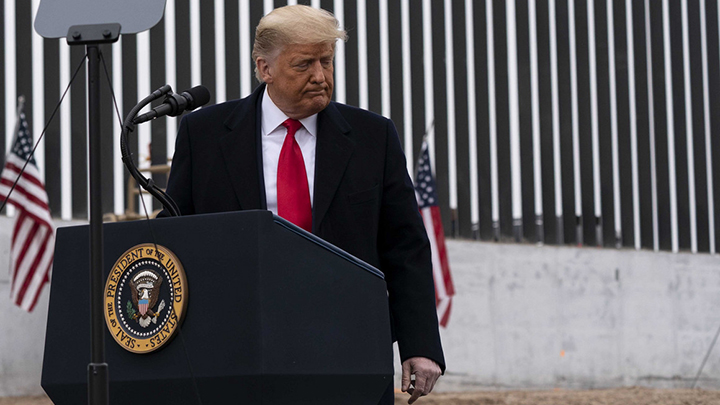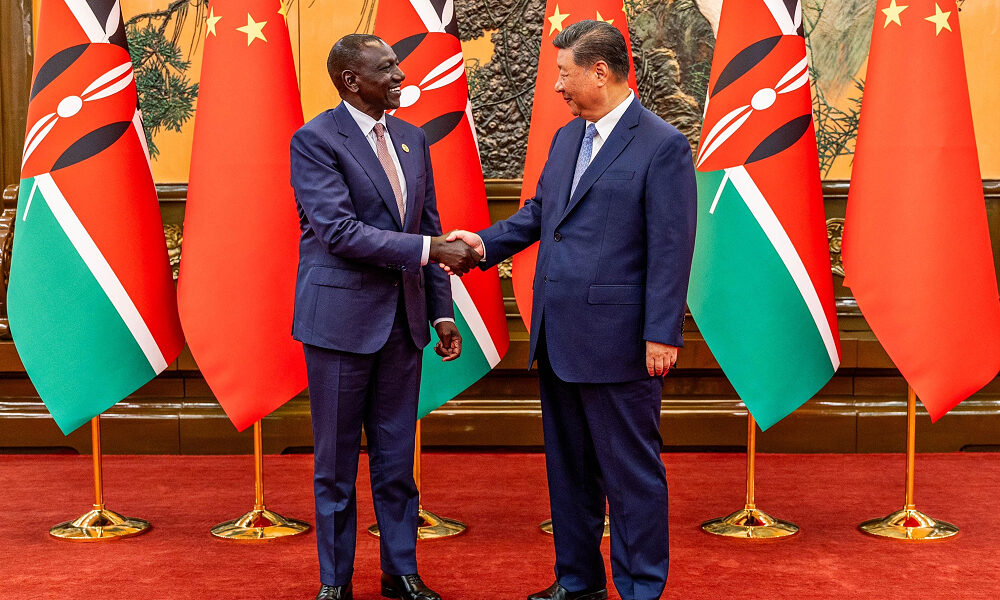Members of Parliament recently ignited wide public outrage after it emerged they had allocated Sh150 million to the authorities to secretly spy on Kenyan social media users.
In the Budget and Appropriations Committee proposals, the Directorate of Criminal Investigations (DCI) will get Sh50 million to procure Optimus 3.0 equipment, and Sh100 million to run what it terms “DCI forensic lab OPTIMUS 3.0 Social Media” operation.
Digital security experts say the Optimus 3.0 system is capable of identifying social media users across various media platforms unchecked, which poses data privacy concerns.
The system being procured can surveil not just what Kenyans post, but where they are posting, which exact devices they are using, all traceable through connection metadata.
The government argues that it needs the tool to fight cyber threats, hate speech, and misinformation but the timing of such huge investment raises major concerns of possible surveillance and assault on digital rights and freedom of speech amid rising discontent.
Read More
On the back of the June 24, 2024 anti-tax protests and demonstrations against increased cases of abductions and the recent arrest and death of influencer Albert Ojwang, Kenya’s telcos have been under attack for allegedly leaking its subscribers’ data, including location.
However, details in Kenya’s Sh4.29 trillion-trillion budget for the 2025-2026 national budget exhibit that government security agencies already have capabilities to track mobile phone and social media user data and are only looking to better their capabilities on these fronts.
Whenever a Kenyan is seized or controversially arrested in the state’s ongoing crackdown on dissenting voices, most Kenyans online are quick to blame the top telecommunications firms for allegedly colluding with the security agencies to track their exact locations.
What is unbeknownst to them is that Kenya’s law enforcement agencies can independently access and use an array of hi-tech digital forensics tools they can use to extract or analyze data on mobile phone and social media users without requiring assistance from the telcos.
Kenyans might not be aware of the varied tools and services available to the police, forensic teams, and private investigators globally, many already being deployed within the country.
As governments across Africa ramp up investment in digital surveillance, a growing number of forensic tools are being deployed to monitor mobile phones and social media, raising serious concerns among digital rights advocates on the erosion of privacy and freedom of expression.
State agencies are increasingly relying on cutting-edge digital forensics platforms initially designed for criminal investigations, but now used for wider a much wider range of surveillance, including dissent monitoring and political profiling.
Here are five key companies and their tools which have been enabling this shift and exactly what their tools can do:
1. Oxygen Forensics (USA)
Used widely by law enforcement, Oxygen Forensics offers software that can extract data from smartphones, apps, and cloud storage, even when encrypted or deleted.
Its tools allow access to:
• Private messages on WhatsApp, Telegram, Instagram, and more
• Location data, call logs, internet history
• Cloud-stored photos, documents, and emails
Privacy advocates warn that these capabilities could allow governments to “build an intimate digital portrait” of citizens — from their contacts to where they pray, shop, or protest.
2. Envista Forensics (Global)
Known for its role in legal and corporate investigations, Envista’s services are now being used by state agencies for retrieving deleted data and tracking social media footprints.
• Recovers digital activity from phones and computers
• Captures posts, messages, and private social media metadata
• Helps authorities trace “unauthorized access” — but also monitor digital dissent
Privacy concern: These tools can operate without users’ knowledge, bypassing typical safeguards on mobile apps or encrypted services.
3. Digital Evidence Ventures (USA)
This boutique firm specializes in social media intelligence, often collecting both public and private content for legal investigations. Increasingly, its methods are being adapted for state surveillance and online profiling.
• Extracts content from Facebook, Twitter, Instagram, Snapchat
• Preserves metadata for use in court
• Enables deep profiling through content and interaction tracking
Critics warn: Tools like this could be misused to monitor journalists, activists, or political opposition — especially in countries with weak data protection laws.
4. Forensic Analytics (UK)
Designed for telecom and mobile network data analysis, this platform is a favorite of law enforcement agencies — and now security services in several African and Asian countries.
• Maps phone calls and movements using cell tower and CDR (Call Data Records) data
• Identifies networks of individuals through call/SMS patterns
• Tracks users' physical movement without needing access to their phones
Major risk: Many countries do not require a warrant to access mobile network data, creating legal grey zones for surveillance.
5. Cyber Centaurs (USA)
Offering dark web tracking, social media investigation, and behavioral profiling, Cyber Centaurs positions itself as a cybercrime firm — but its tools are increasingly applied in intelligence operations.
• Gathers user activity from the dark web and social networks
• Builds psychological or behavioral profiles based on online behavior
• Accesses device/cloud storage content
The company's behavioral tools are particularly controversial, with experts warning of the potential for algorithmic misjudgments and profiling based on race, religion, or ideology.
Surveillance Vs Oversight
As these tools become more accessible and affordable, critics argue that governments across Africa are deliberately ignoring oversight mechanisms to the detriment of their citizens.
In many countries where these tools are deployed no court approval is needed to access personal data, weak or non-existent data privacy laws leave citizens vulnerable, and surveillance is often targeted at opposition figures, journalists, as well as activists.
According to a 2019 report by Privacy International, at least 27 African governments had purchased or deployed digital surveillance tools from firms in the US, UK, Israel, and China.
Transparency & Regulation
Digital rights experts have persistently been calling for independent oversight bodies for surveillance operations, mandatory judicial approval before accessing private data, and greater transparency from both governments and vendors.
This comes as cybersecurity experts on the continent have warned that these technologies have moved from solving crime to control with citizens on the receiving end when there are no laws or where weak regulations are in existence.
In Kenya, accessing a person's data held by mobile firms is governed by the Data Protection Act of 2019 and the Constitution of Kenya, which protects the right to privacy.
The law stipulates that individuals have a right to access, correct, and delete their personal information held by data controllers (like mobile companies).
Data controllers must obtain consent before collecting, using, or disclosing personal data, and are obligated to protect this data, and violations can lead to penalties, and individuals can lodge complaints with the Office of the Data Protection Commissioner (ODPC).
Amid growing misconception fueled by some influencers and politicians to score points, there is need for a transparent dialogue on data access, due process, and citizen rights.




 (1)-1749230018.jpg)





